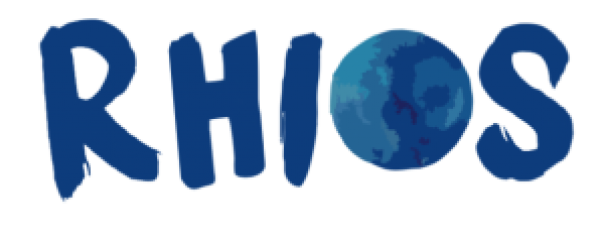Sustainable Development, now and always, depends on everyone

When the term development was presented as an ‘alternative’ to the term growth to signal economic indicators of a particular society, it was observed the insufficiency of the Gross Domestic Product (GDP) as a parameter of analysis of the living conditions of a people. Thus, it was verified that the generated wealth measured by GDP in its aggregate form did not necessarily imply a balanced distribution that ensured minimum levels of income, health and education for the entire population.
As the years passed by, consolidating the differences between the terms, although still is eventually used as synonyms, joined the same sustainable expression, indicating that a balanced allocation of resources was no longer sufficient, making it necessary that the same occurring now, did not preclude the conditions for its occurrence also in future generations.
The term Sustainable Development also showed the need for greater attention to exhaustible and renewable natural resources. The first, because of their finite stock, require a more efficient use that can be provided by the technological advance and improvement in rationality use. The last one, in turn, are observed to with less attention, having the possibility of renewal as an argument that paradoxically undermines its management. In this context, oil and gas are more closely watched, to the detriment of water.
This distortion in attention is reflected not only in political and market decisions, but also in social, academic and cultural spheres of societies. Natural resources traditionally marketed and priced, long incorporated into the production process, were the object of study to develop methods, methodologies, techniques and technologies that would improve the efficiency of their use. Oil, gas, iron, steel, gold, diamond, vanadium, niobium, uranium, among many others, fall into this group. Air and water, in turn, in a different situation.
The alert related to renewable resources brought with it the mark of environmentalism, being its proponents and theorists initially stigmatized as defenders of plants and animals to the detriment of other human beings. The recurrence of distinct climatic events in various parts of the planet then presented itself as a questioning of these preconceptions and sustainability became the object of pricing.
Thus, methodologies for assessing the impact of environmental disasters/accidents/crimes and environmental valuation techniques and methods are developed apparently in line with environmental concerns. Faced with the labyrinthine process of diffusion and application of these, for different reasons that include political and economic factors, we can now see technological innovation as the possible lifeline. Paradoxically, it is no longer considered that technological innovations are elements of transformation that sometimes delay the necessary changes of paradigms.
From this mix that the complexity of sustainable development lies not only in a scientific knowledge of this or that area of knowledge. Its understanding and implementation permeates the altruism of future generations, while combining the various elements of the environment, understood in its broader concept, guided by human rationality and its various knowledge. An unbalanced or scientifically skewed commitment will certainly lead to further distortions. However, it is pointed out that in the case of air and water, what is in question is not good living but simple living.
Telma Teixeira. RHIOS November 2017 (translation from portuguese by Leila FONTOURA)
Read other texts by Telma Teixeira

